I have it on my bucket list to explore at least ten more National Parks in the next decade, but I am going to have to rely on family and friends to share their adventures since I just spent some time in Maine visiting Acadia National Park. My brother, wife, and their sons (8 and 6 years old) just spent a week at Chincoteague National Wildlife Refuge and have kindly taken the time to share their adventures from the boys perspective. Take a look at this 60-second movie on what sort of wildlife awaits you at Chincoteague National Wildlife Refuge. Also, here are 5 little known facts about Chincoteague National Wildlife Refuge to hopefully entice you to visit. (The interminable forests should become graceful parks, for use and delight. — Ralph Waldo Emerson, 1844)
- Chincoteague National Wildlife Refuge was purchased with Duck Stamp revenues.
- Most historians believe that the famous Chincoteague ponies are remnants from that settlers who used the island for grazing livestock in the 1600’s in an effort to avoid difficult fencing regulation. Descendants of those ponies are still living there today.
- In a CNN Special from June 2012, Assateague Island National Seashore was named as one of the 7 prime spots to view wildlife. Chincoteague National Wildlife Refuge is at the Virginia end of the National Seashore.
- The endangered sea beach amaranth is well adapted to survive the harsh seashore conditions of Chincoteague National Wildlife Refuge.
- Chincoteague National Wildlife Refuge has 14 ‘pools’ that total over 2,600 acres that are carefully manipulated to control moisture levels.





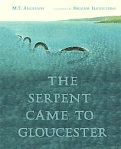



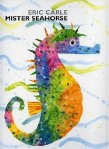









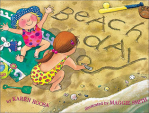




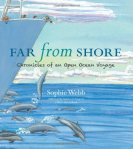





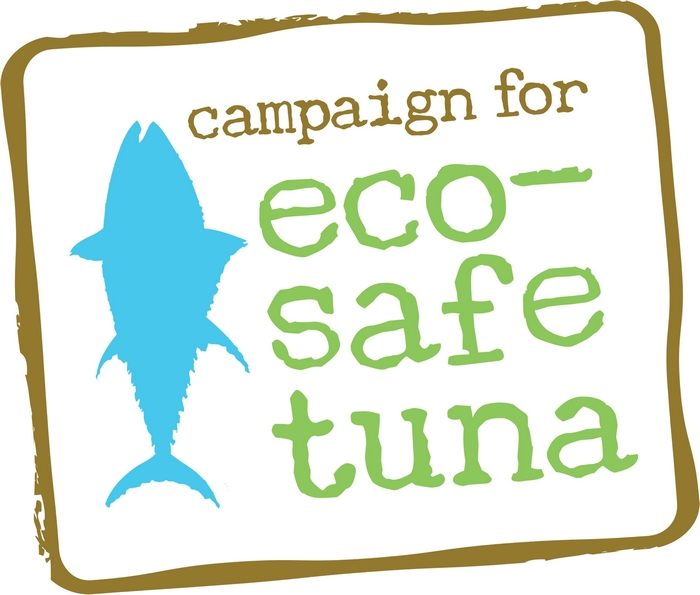


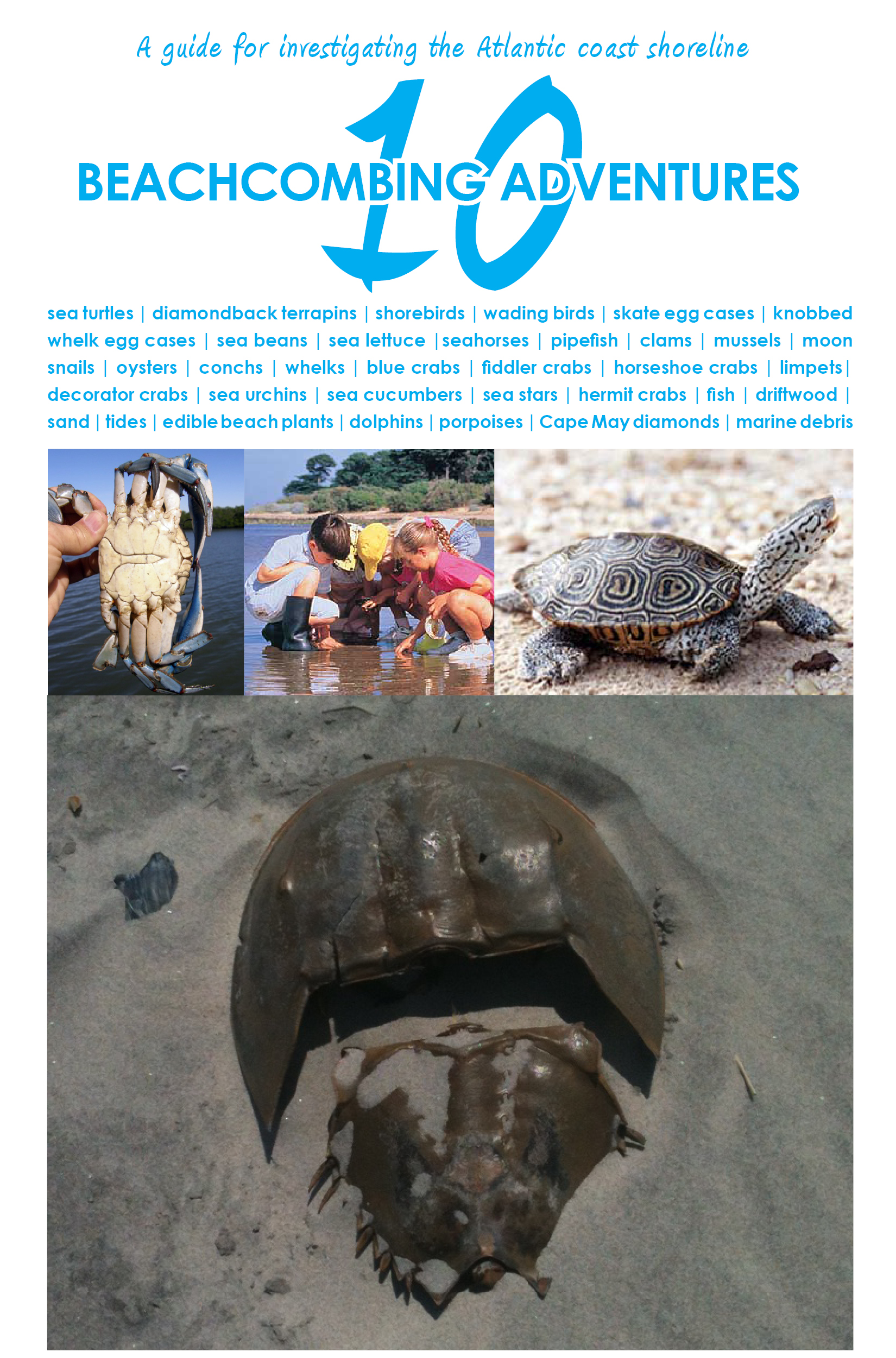
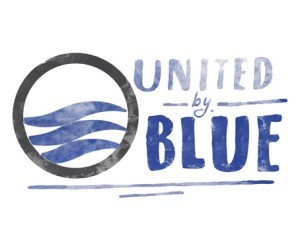
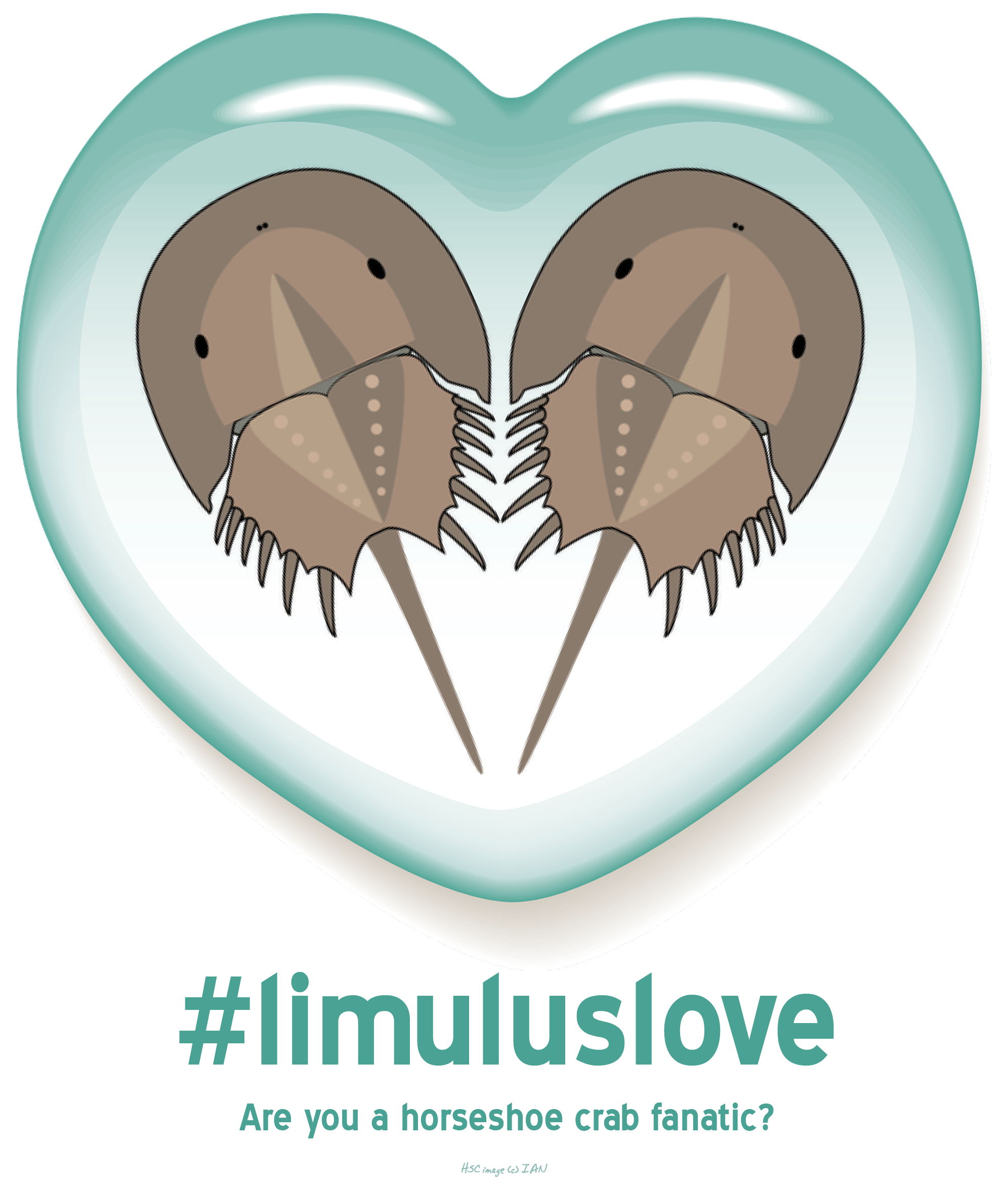
What people are saying …